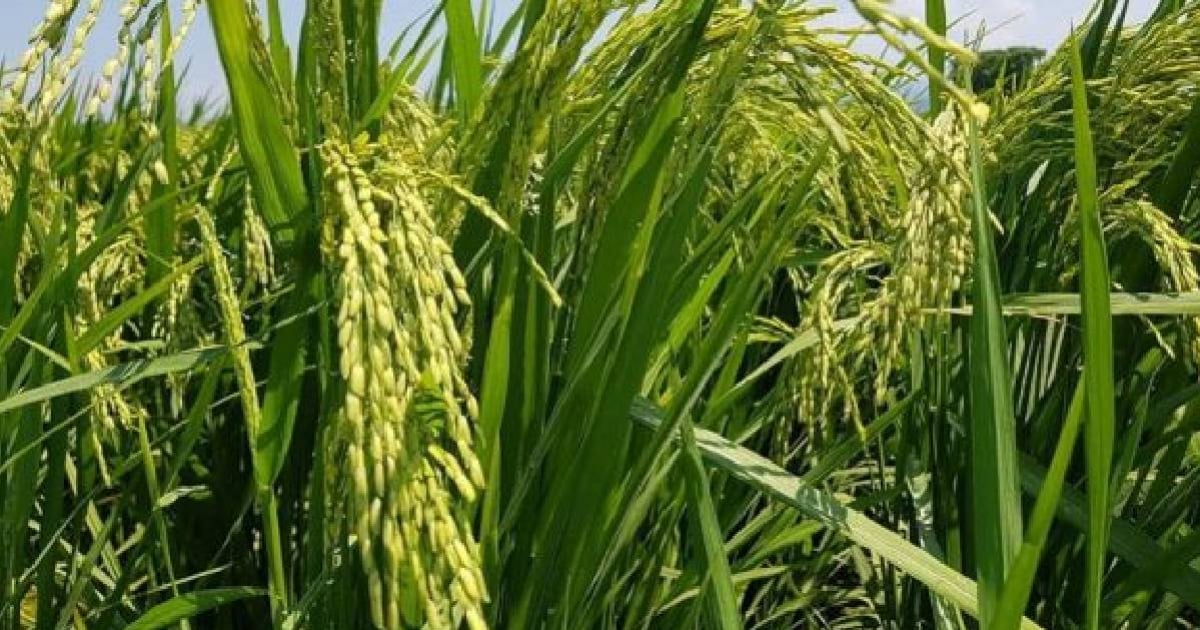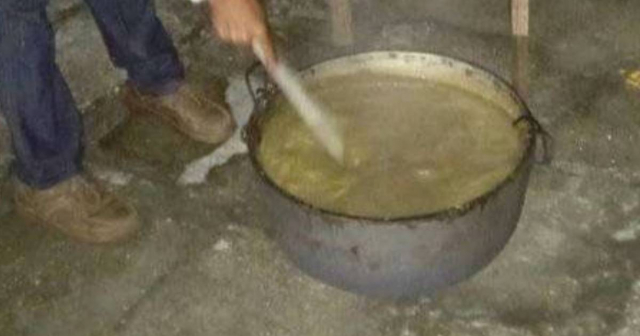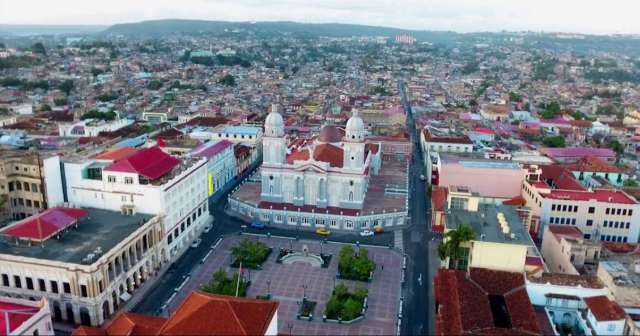
Cuba will begin implementing an experimental model for hybrid rice planting in several regions of the country in October, in collaboration with Vietnam, it was announced this Friday, in the context of the official visit by President To Lam to the island.
The Cuban regime reported in its official media that this effort seeks to increase agricultural production and improve the yields of this essential crop in the diet of its population.
The project, which will be developed at the Pellejero Farm located in Güines, will be promoted by the Agroforestry Group of Mayabeque and involves the planting of hybrid seeds imported from Vietnam.
In this first stage, it is expected to harvest 1,500 hectares, with an estimated average yield of seven tons per hectare, highlighted the governmental medium Cubadebate.
Nguyen Thi Thom, director of Agri Vma, the Vietnamese company responsible for the initiative, emphasized that after the harvest, there will be exchanges about the techniques applied and technical assistance will be provided to ensure the success of the crop.
It will be the first time that hybrid rice is cultivated in Cuban territory, which is facing a severe crisis in production and food that apparently forces it to ignore its own discourse against genetically modified crops.
William Nieblas Rivas, the producer in charge of the farm, mentioned that the seeds have shown a good adaptation to Cuban soil.
"The Vietnamese did not know our lands, and we did not know their seeds," he stated.
For the upcoming cold season, which will begin in November, the cultivation of more than 15,000 hectares of rice in various regions of Cuba is projected. "This harvest, like the previous one, will be donated to the Cuban homeland," assured Nguyen Thi Thom.
In 2020, Cuban farmers began to plant transgenic hybrid corn, because experts believed that this corn would help control the corn borer, one of the most severe pests in the country's agriculture.
Regarding the risks of these practices in the country, the expert from CIGB emphasized that they had been able to demonstrate the food safety of that corn.
"Toxicological tests were conducted at the National Toxicology Center, on its genetic aspect and even for the environmental part, which demonstrated the safety of these transgenics," he said.
After years of inefficient practices in the state agricultural system, the government is forced each year to allocate millions of dollars to the importation of food that could be obtained from Cuban lands.
What do you think?
COMMENTFiled under:






